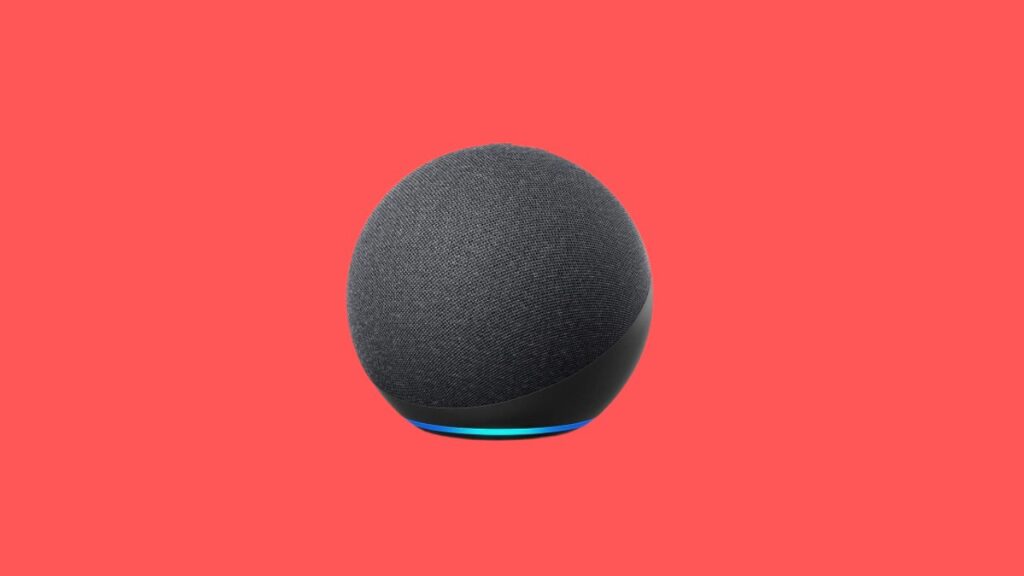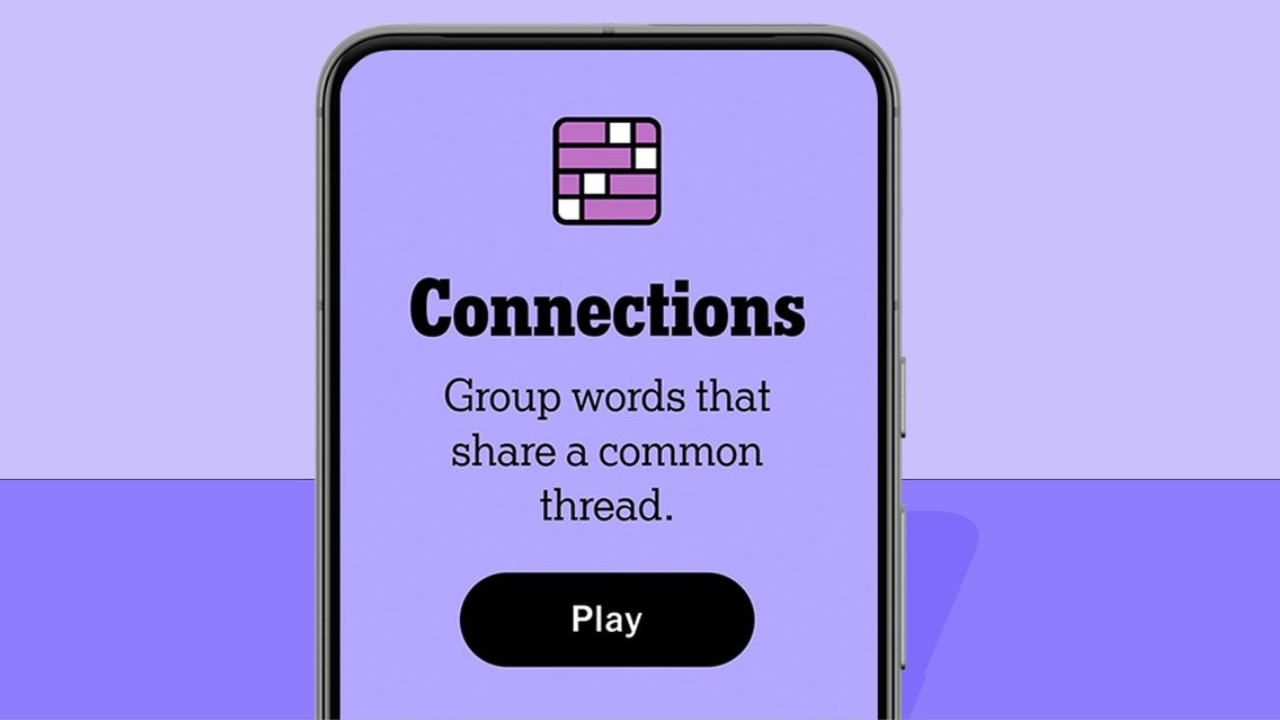In recent years, smart speakers may not have maintained their initial buzz, but chances are, if you’re reading this, you probably have one quietly sitting in your home. Whether it’s Amazon’s Alexa, Google Assistant, or Apple’s HomePod, these devices have become common household companions, offering convenience with voice-controlled commands. However, a significant change may be on the horizon, and OpenAI is at the forefront of this evolution.
With the introduction of OpenAI’s new ‘Realtime API,’ the future of smart speakers could be heading toward a more seamless and interactive experience, ushering in a new era of speech technology that feels more intuitive and human.
A Game-Changer for Voice Technology
OpenAI’s Realtime API represents a leap in voice-to-voice interaction, making it easier for developers to create natural-sounding voice experiences. Traditionally, speech recognition tools relied on transcription methods that often resulted in robotic, monotonous outputs. The new API, however, allows for real-time, conversational speech processing, meaning your voice assistant could soon sound more lifelike and responsive.
In OpenAI’s own words, “Developers can now build fast speech-to-speech experiences into their applications.” What does that mean for the average user? Imagine talking to your smart speaker as though you were having a conversation with a friend, rather than dictating commands like a machine.
Why Interruptions Are Key
One of the standout features of the Realtime API is its ability to handle interruptions. If you’ve ever interacted with a smart speaker, you’ll know the frustration when it misinterprets a command, leaving you to wait through its response before you can speak again. This interruption issue could soon become a thing of the past.
With the Realtime API, voice assistants will have the ability to naturally pause, resume, and respond mid-conversation. This could dramatically improve the overall experience, making your smart speaker smarter and faster at interpreting complex commands or even recalling previous interactions.
Example: Let’s say you ask your assistant to play your favorite playlist, and halfway through, you remember to add a reminder. With OpenAI’s technology, you could interrupt the music request, issue a new command, and return seamlessly to your original task.
While the immediate benefits for smart speakers are clear, the potential uses for OpenAI’s Realtime API extend far beyond your living room.
Call Centers Could Change Forever
Voice technology is already transforming industries like customer service, and OpenAI’s advancements could take it to the next level. Call centers, for instance, could integrate this real-time speech processing to eliminate outdated keypad options, replacing them with conversational AI capable of better understanding and triaging customer queries.
Imagine: You no longer need to press ‘1’ for billing or ‘2’ for technical support. Instead, you could speak naturally, and the AI assistant would route your call accurately based on your needs.
Revolutionizing Robot Communication
The Realtime API could also be a major player in automation, particularly with robots. As automation grows in industries such as manufacturing and healthcare, having robots capable of communicating more effectively could be invaluable. Whether diagnosing their own errors or guiding humans on how to fix issues, robots with advanced voice capabilities could revolutionize workflows.
Could Your Smart Speaker Get Smarter?
While we’re still in the early stages of seeing this technology implemented, the possibilities are endless. Your trusty Echo Dot from five years ago could soon perform tasks you hadn’t even imagined. For example, the Realtime API could enable your device to remember conversations and respond with contextual awareness, giving personalized answers based on who’s speaking or recalling prior commands.
Consider this: You ask your smart speaker to schedule an appointment, but halfway through the conversation, you need to confirm the details with your spouse. With the Realtime API, you could pause, discuss with your spouse, and seamlessly resume the interaction without missing a beat.




















